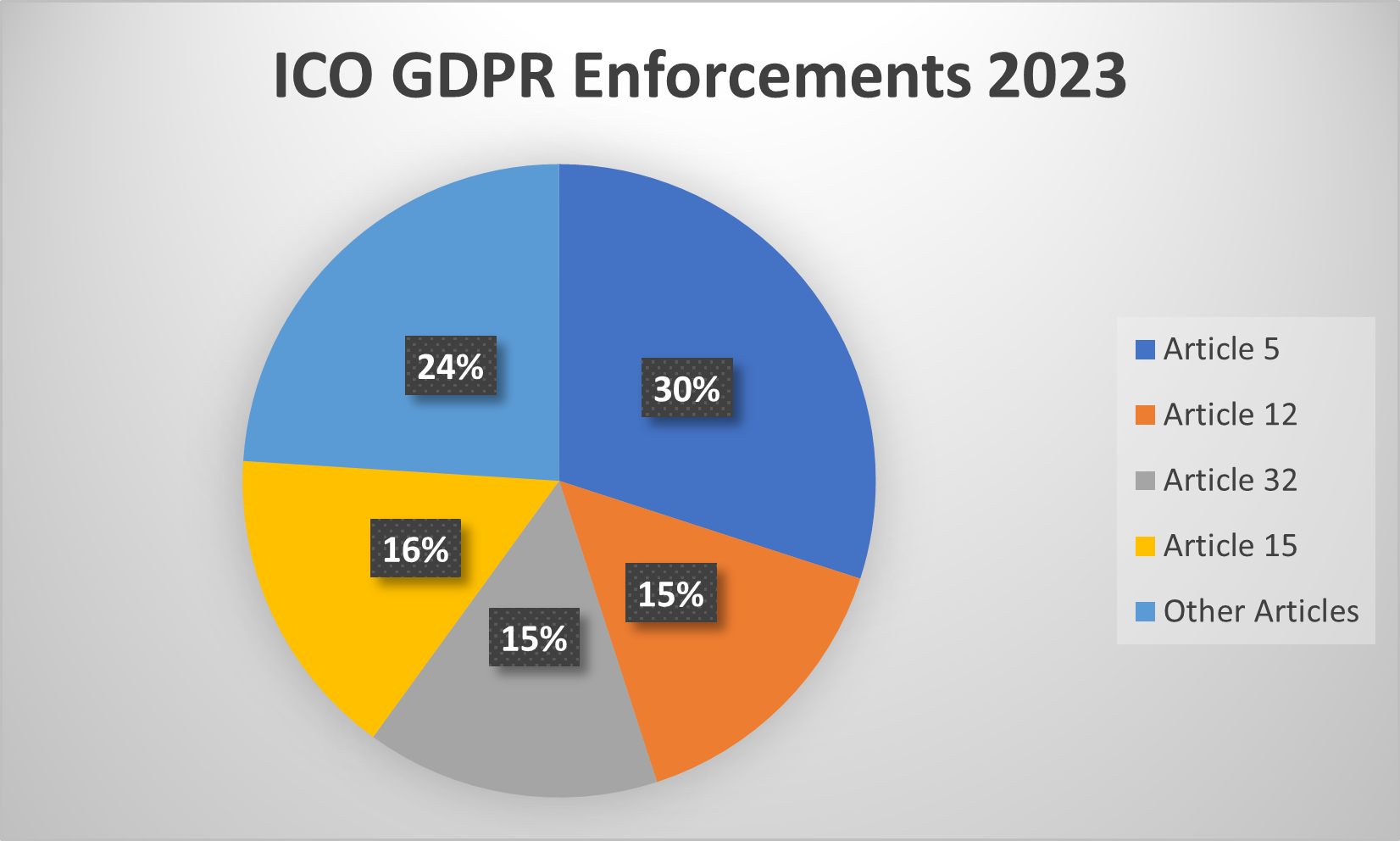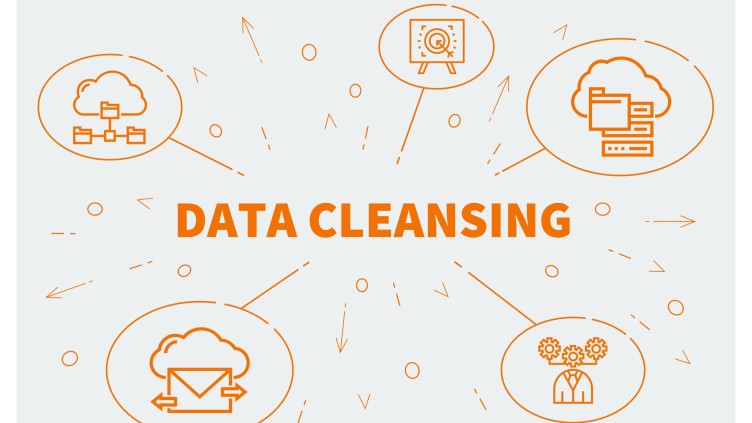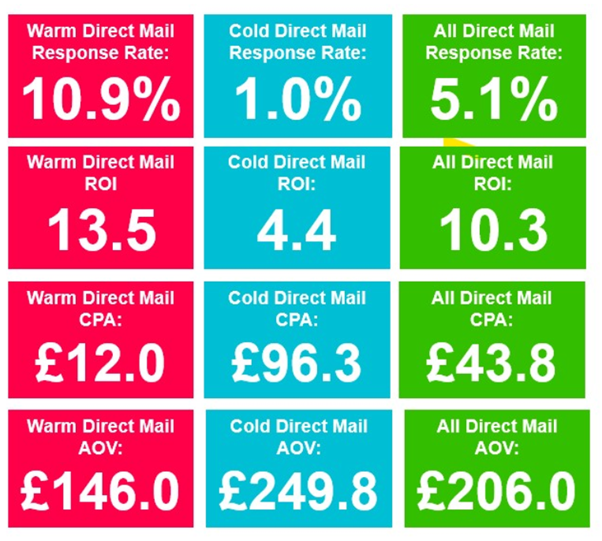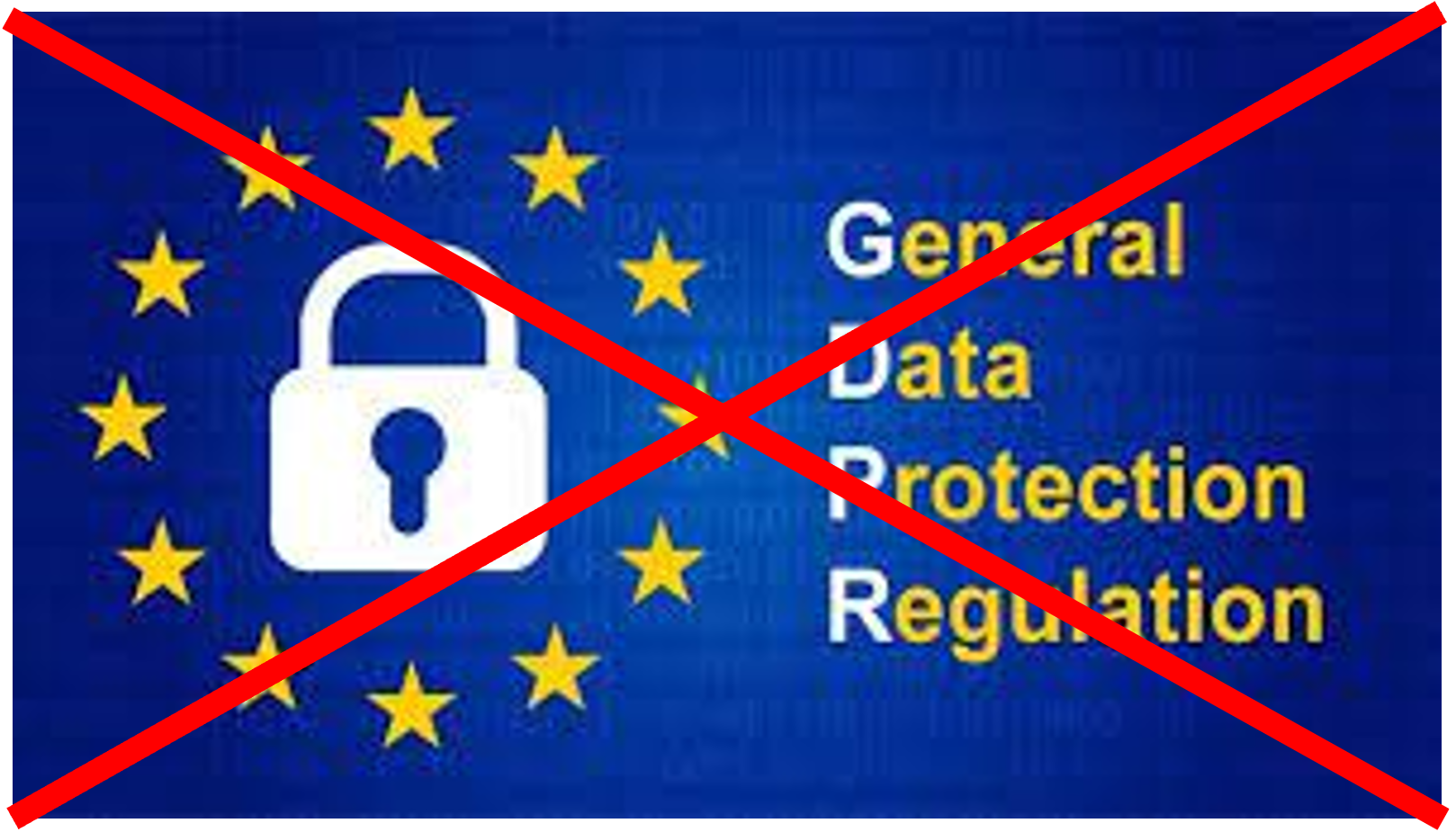Keeping Pace with AI Ethics
Artificial Intelligence (AI) has become an integral part of our lives, from voice assistants to recommendation systems and autonomous vehicles. Its transformative power has brought both remarkable advancements and profound ethical dilemmas. Recent calls from MPs urging the Prime Minister to pass new legislation for AI safety in the UK, before the EU takes the lead, have brought the spotlight back onto the importance of AI ethics and the critical role data hygiene plays in ensuring safe AI systems. The Call for AI Safety Legislation MPs are sounding an alarm, warning that the UK risks falling behind in the global AI race if comprehensive AI safety legislation is not put in place promptly. The European Union is poised to establish [...]









